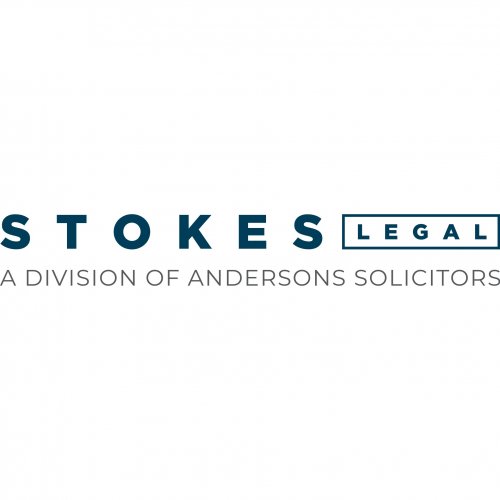Best Child Abuse Lawyers in Morphett Vale
Share your needs with us, get contacted by law firms.
Free. Takes 2 min.
Free Guide to Hiring a Family Lawyer
List of the best lawyers in Morphett Vale, Australia
About Child Abuse Law in Morphett Vale, Australia
Child abuse laws in Morphett Vale, Australia, aim to protect the rights and the wellbeing of children. These laws cover physical and emotional abuse, sexual exploitation, neglect, and exploitation. The legal definition includes any act, or lack of action, by a parent or caregiver resulting in harm to a child. Both federal and state legislation play roles in regulation, detection, prevention, and punishment of child abuse.
Why You May Need a Lawyer
A lawyer can represent victims of child abuse, or those accused of such actions. Often times, child abuse allegations become a part of more complex legal issues such as family law matters or guardianship disputes. Individuals facing accusations may require a legal defense while affected children might need representation to ensure their rights are upheld. An experienced lawyer can navigate the complexities of the law, protect client's rights and interests, manage communication with child protection services and courts, and seek appropriate legal remedies.
Local Laws Overview
Child abuse laws in Morphett Vale fall under South Australia's child protection legislation, the Children and Young People (Safety) Act 2017. This law stipulates that the safety of the child is paramount, and the act outlines various parental and community obligations in ensuring this safety. Mandatory reporting of abuse by professionals who work with children is enforced, and penalties are designated for those found guilty of child abuse or neglect. Other pertinent legal documents include the Child Safety (Prohibited Persons) Act 2016 designed to prevent individuals with a history of abuse from working with children.
Frequently Asked Questions
What constitutes child abuse under Australian law?
Child abuse refers to any act, or failure to act, that causes significant harm to a child's physical or emotional health and development. This includes physical abuse, emotional maltreatment, neglect, and sexual abuse or exploitation.
What obligations do professionals have in reporting child abuse?
In South Australia, professionals who work with children - such as teachers, social workers, doctors, and police officers - are obliged to report any reasonable suspicion of child abuse or neglect to child protection services.
What happens when someone is accused of child abuse?
If an individual is accused of child abuse, an investigation is launched by the Department of Child Protection. If there's sufficient evidence, the case is handed over to the police or public prosecutor for further action. It's essential to have legal representation during this process.
What rights does a child have in abuse cases?
A child has the right to physical and psychological safety, to be heard and represented in proceedings, and to access supportive services. Legal representation helps ensure these rights are upheld.
What are the potential legal outcomes of child abuse cases?
Outcomes can range from court mandated parental education or counseling, to the removal of the child from the abusive environment. In extreme cases, offenders may face criminal charges and penalties, including imprisonment.
Additional Resources
Organisations such as Child Protection Services South Australia, the Australian Childhood Foundation, and South Australian Council of Social Services (SACOSS), provide resources and support for those dealing with child abuse issues. Legal Aid South Australia also offers guidance on legal steps to take.
Next Steps
If you need legal assistance in a child abuse matter, consult with a lawyer who specializes in child protection or family law. Collect any relevant documentation, organize your thoughts and information on the situation, and prepare for a discussion of the case specifics. Your lawyer will guide you through the legal processes, help you understand your rights, and any obligations you may have. Remember, it’s crucial to act promptly to protect your interests and those of the child involved.
Lawzana helps you find the best lawyers and law firms in Morphett Vale through a curated and pre-screened list of qualified legal professionals. Our platform offers rankings and detailed profiles of attorneys and law firms, allowing you to compare based on practice areas, including Child Abuse, experience, and client feedback.
Each profile includes a description of the firm's areas of practice, client reviews, team members and partners, year of establishment, spoken languages, office locations, contact information, social media presence, and any published articles or resources. Most firms on our platform speak English and are experienced in both local and international legal matters.
Get a quote from top-rated law firms in Morphett Vale, Australia — quickly, securely, and without unnecessary hassle.
Disclaimer:
The information provided on this page is for general informational purposes only and does not constitute legal advice. While we strive to ensure the accuracy and relevance of the content, legal information may change over time, and interpretations of the law can vary. You should always consult with a qualified legal professional for advice specific to your situation.
We disclaim all liability for actions taken or not taken based on the content of this page. If you believe any information is incorrect or outdated, please contact us, and we will review and update it where appropriate.








